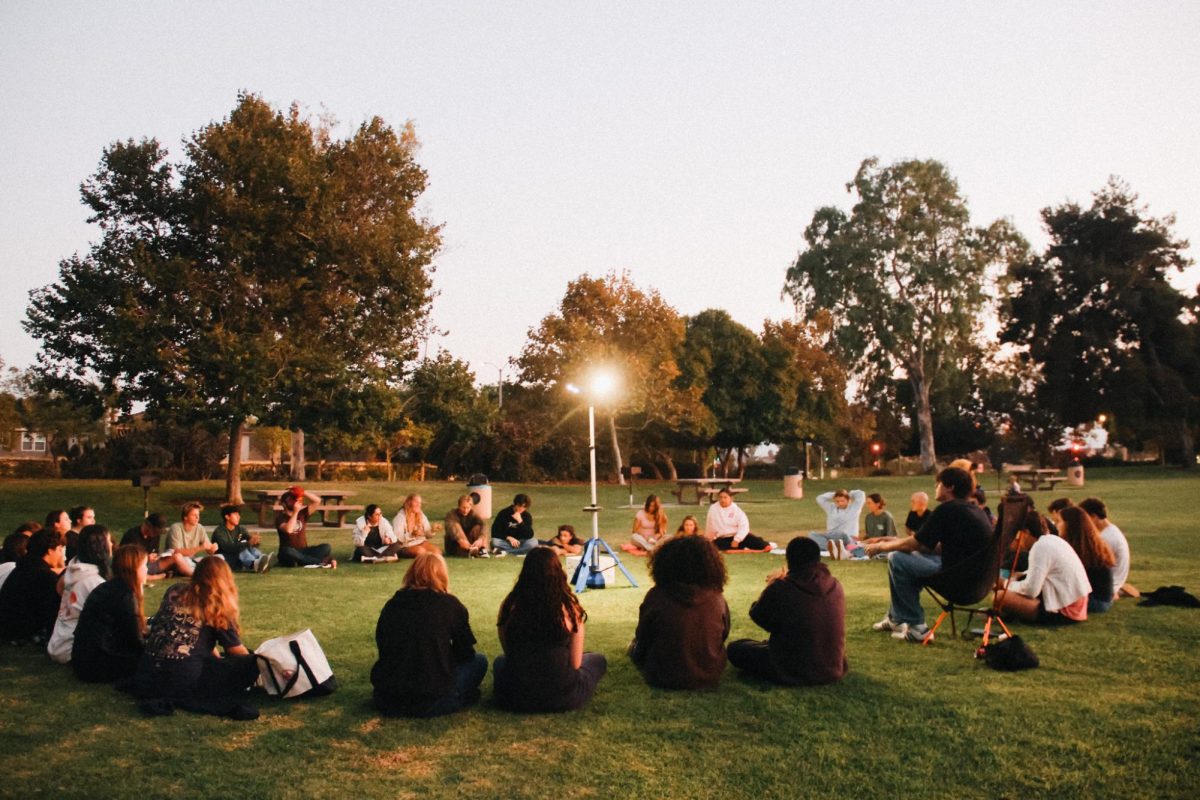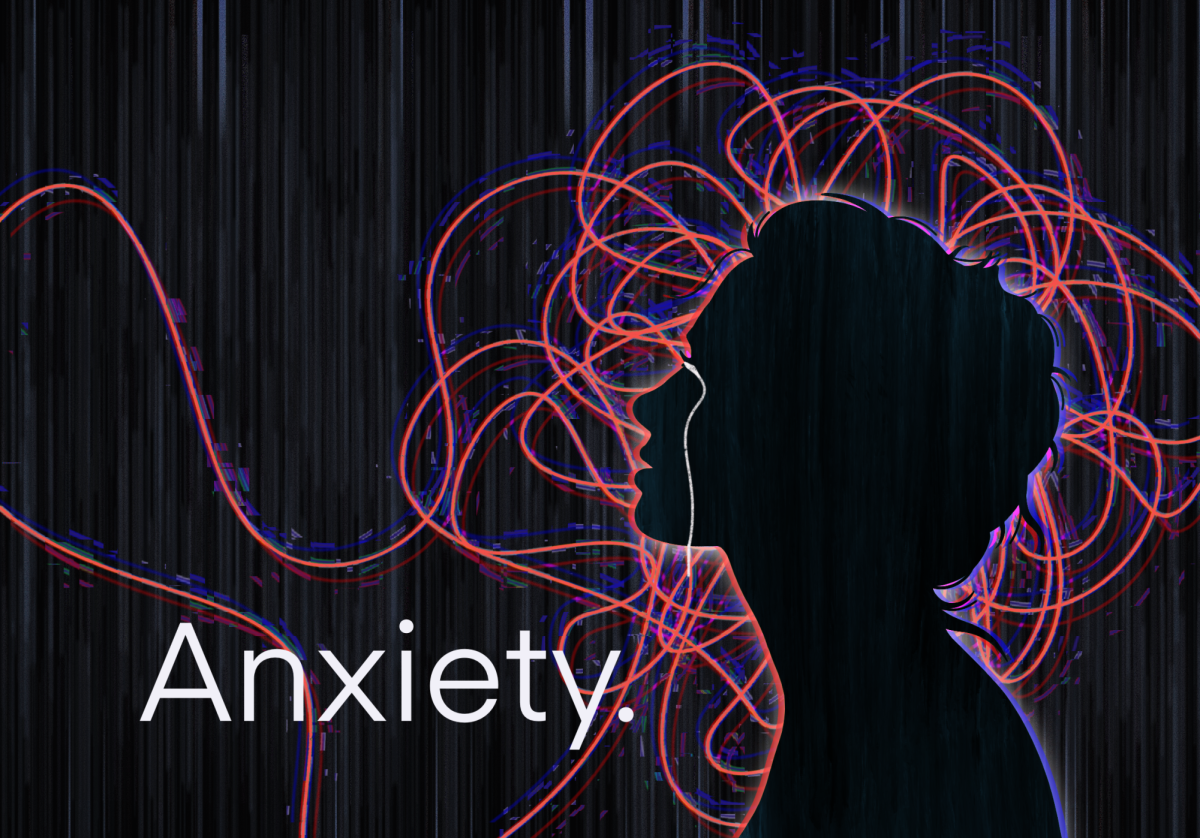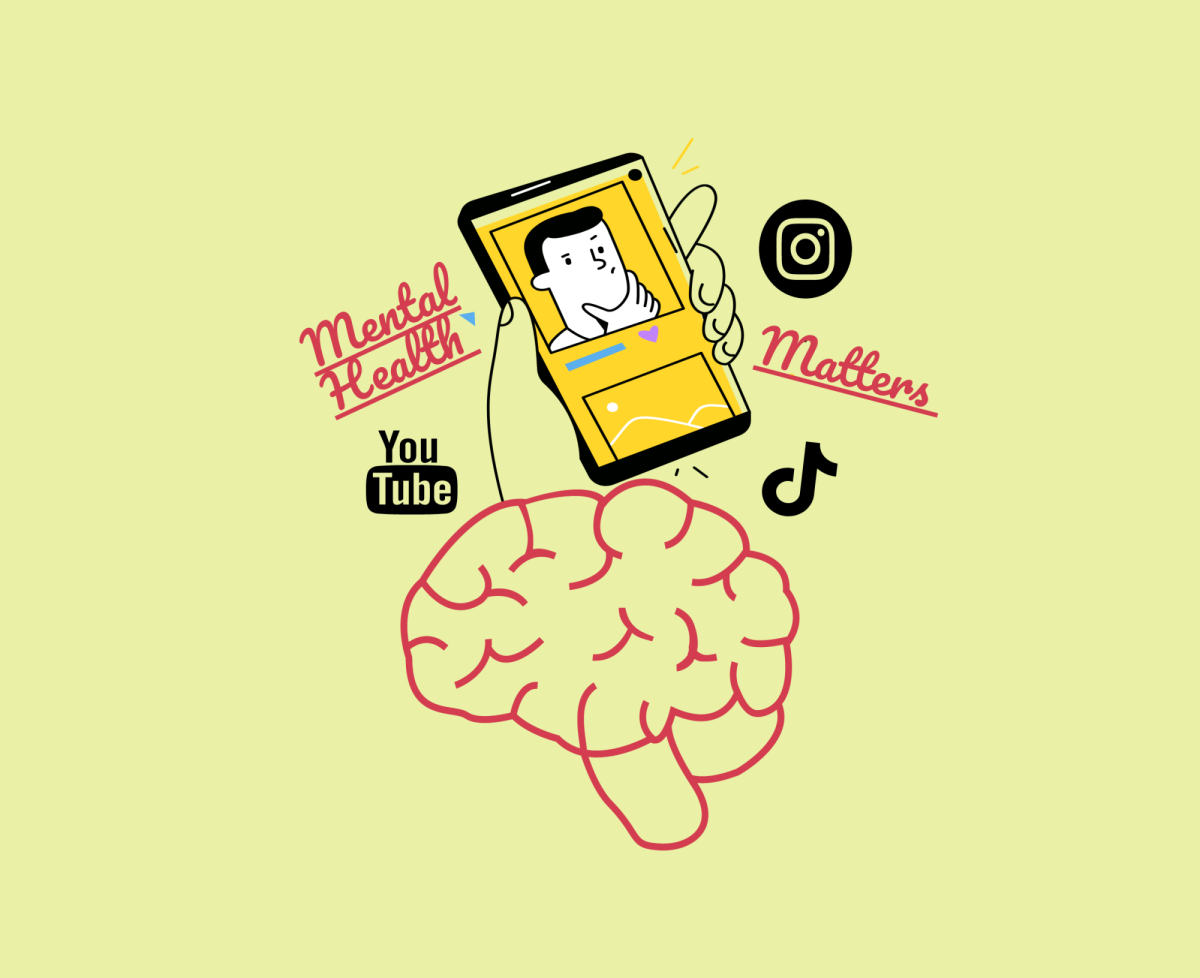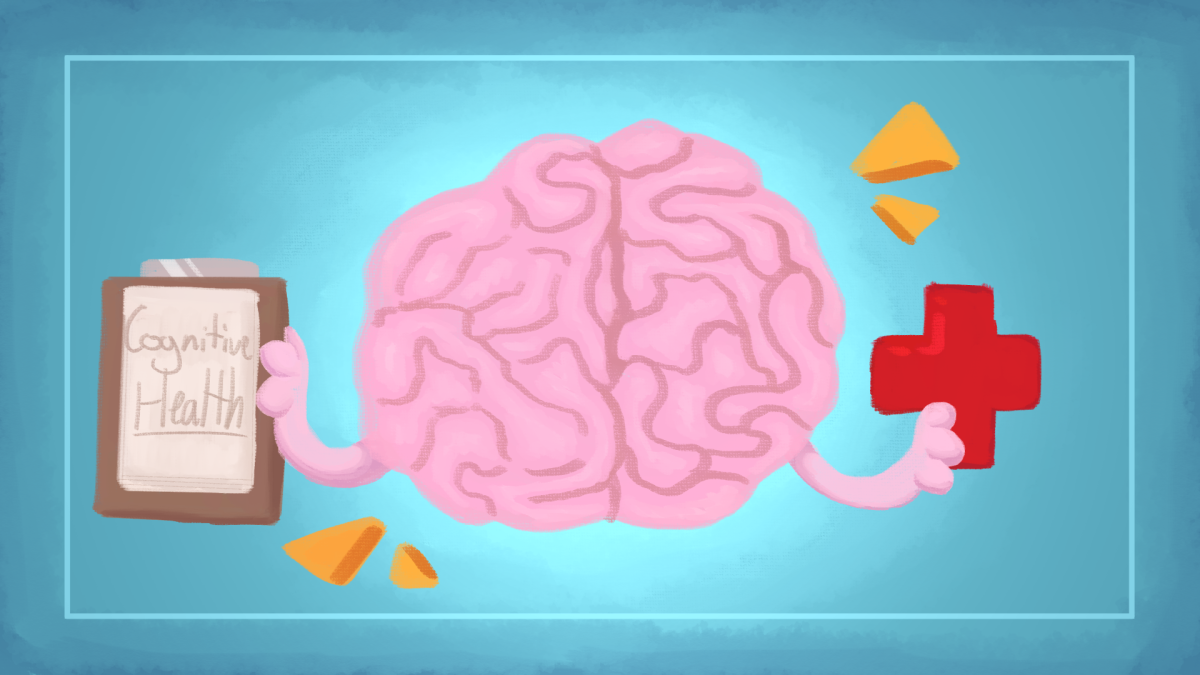Often times, a student who is tasked with balancing academics, extracurriculars, home responsibilities and athletics will find they have little time for their own selves. With a packed schedule where the individual in question has to calculate the most efficient and least time-consuming way to finish homework, relaxing is out of the question. However, remaining tense will interfere with your academic progress and taking ten minutes could benefit your health in the long run. Whether it is preparing to study for upcoming exams, realizing the amount of homework that remains, or even before the big game, these relaxation methods will only take a small amount of time and can help calm you down.
Take a breather
Breathing is essential to everyone; however, most overlook how the ways we breathe affect us. You may not be utilizing your entire lung capacity, typically the lower parts of the lung, which can cause your blood to have less oxygen. By taking full deep breaths, you can allow this unused portion to assist with respiration, allowing the heart to slow.
The basis of deep breathing lies within your posture. If you’re sitting down, make sure your back is straight and extended. This allows more room for the lungs to fill when receiving oxygen, allowing for more blood to be oxygenated.
Begin breathing, but make sure you breathe with your abdomen first. This means that your abdomen should be the first thing to rise when you take a breath. Take a full breath and exhale slowly. Generally, the amount of time you take to inhale will equal the time it takes to exhale. If desired, listening to calm music or even using a metronome can help if you have difficulties with equal timing.
Breathing can be considered the basic fundamental of relaxation, as it requires almost nothing, takes very little time and can be combined with other relaxation techniques.
Focusing in
Meditating can be confusing, as the effects aren’t apparent. Although meditation is often used philosophically to obtain greater awareness, it is also used for relaxation. Meditation can be done in several ways, generally based off of your thoughts.
Concentrative meditation has the individual focusing on a single object, idea or thought, while mindful meditation can encompass all of the individual’s thoughts. The choice is up to you, though it is suggested to avoid negative thoughts, stresses and issues.
Meditation is suggested to be done sitting, as to avoid the temptation to fall asleep while doing so. Although some suggest to meditate for 15 minutes, you can choose to have a duration that is shorter or longer than that. As long as you clear your mind and focus, then you can relax.
Meditation can also be combined with deep breathing and if you have the time, it is highly suggested to do both.
Move yourself
Physical activity, although time-consuming, is a great way to relax, depending on the activity. Generally, rhythmic activities such as running, swimming and dancing are great ways to relax if you engage your mind. However, it can be difficult to exercise with little time, especially if you’re already involved with a sport. That’s why it is recommended that you stretch, as it requires less time and can also help with sore bodies.
Just like with meditation, breathing goes very well with stretching, as long as you engage both your abdomen and your mind. As per usual, take caution with stretching if you have injuries. Stretching can be done at any time, whether it is in the middle of a homework session or returning home from school.
Methods of stretching vary and people have their own preferences. For this case, the goal is relaxation, so remember not to do strenuous stretches. Rolling your head, shoulder stretches, and arm stretches are good if you have studied or are going to be studying for a long period of time. Additionally, stretching your hips is beneficial as well. Leg stretches shouldn’t be forgotten, either, as they are ignored whenever you are sedentary.
It is suggested that you take short breaks during homework or studying and do a few stretches, as this helps reengage the brain. Stretching, combined with the methods above, can help maintain your ability to focus and relax, which are crucial for your studies.
Appreciate the sounds
Music has long been proven to affect your emotions and mind, and it is no exception that they can aid in relaxation. Additionally, the internet allows free and relaxing music to be accessible easily with Youtube. However, it is important to be careful when using the internet for music, as it is very easy to get sidetracked and procrastinate.
Your choice of music is very important. Although classical and jazz are good “safe” options, it won’t work if you don’t like what you are listening to. It is advised that you choose music that you like. If you can relax to your favorite rock band, then there’s nothing stopping you from listening to it.
Music isn’t the only thing that allows for relaxation. It is shown that ambient sounds, such as rain and thunder, can help focus and relax. You may find it easy to relax to the sound of rainfall, or even “color” noises.
When listening to music, try to immerse yourself into it. Contemplate various subjects, the note and chord progressions, the artist’s emotions, or even the various ways the sounds blend and combine. Just like each of these methods, you can combine this with breathing, and possibly meditation. Finding the perfect combination to these is the key to relaxation in stressful times.
Featured Photo Credit: Grayson McCoy/The Foothill Dragon Press














